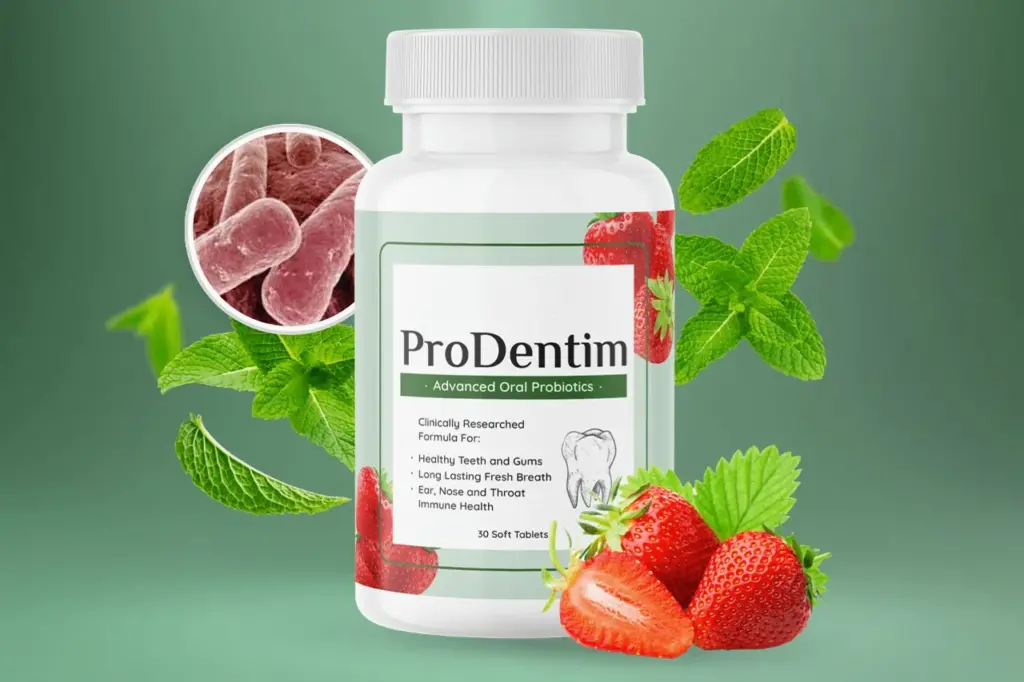Have you ever had clams before? If you’re like many people, the answer to this question is no, and for the most part we understand. However, as research on food nutrition grows, the body of evidence surrounding consumption of clams is also supportive, with it being found that they are a rich source of nutrition.
Yes, we know their salty taste, chewy texture and rank fresh ocean smell can be hard to stomach, but acquiring the taste for clams may not be such a bad thing after all.
You should try it if you never have before – who knows, you may actually end up loving them! Wondering what are some of these benefits clams have to offer you? Let’s check them out now!
1. May Help Prevent Neurodegenerative Disorders
Keeping your brain healthy is of critical importance if you wish to live a long yet productive life. While some things are out of our control, there many other things that we can do from a nutritional standpoint to ensure that our brain is well provided for.
For instance, associations have been made between the consumption of B vitamins and a protective effect on the brain and nervous system. Persons that consume the highest levels of vitamin B12 are also less likely to develop Alzheimer’s disease, making it a great idea to ensure that we top up our intake of this important vitamin.
While these are just preliminary findings, they do offer great promise of what’s possibly to come.
2. Helps Prevent Anemia
It’s surprising to learn that clams may actually possess more iron than beef, which for many years was considered the gold standard of nutritional iron. A 3 ounce serving of clams supplies approximately 24 mg of iron, whereas the daily recommended intake for adult stands at about 8 mg.
While we know you won’t be consuming clams every day, once a week or even per month is a great way to support your iron intake from other sources. Iron helps to ensure that hemoglobin production is maintained, hemoglobin being the molecule that binds oxygen and carries it throughout the body.
3. Supports Heart Health
As one may come to expect, clams are a great source of omega-3 fatty acids, similar to their aquatic buddies the fishes. Again, a 3 ounce serving of clams supplies approximately 140 mg of the omega-3 fatty acids, whereas daily intake of between 250 to 500 mg is recommended.
If you’re not a fan of fatty fish, or can’t stand the taste of the capsules, consumption of clams can help you come closer to your daily recommended intake.
Omega-3 fatty acids are important for helping to support blood vessel flexibility, and reducing the likelihood of atherosclerotic plaques depositing on the inside of blood vessel walls, where they may occlude blood flow and increase your risk of strokes or heart attacks.
4. Helps Prevent Rheumatoid Arthritis
While rheumatoid arthritis is classified as an autoimmune disorder without a clear cut trigger, findings to date indicates that selenium deficiency may play a role in its development.
Autoimmune disorders occur as a result of low-grade chronic overstimulation of the immune system, causing it to misfire and attack cells of your own body, whereas under ideal circumstances it should only be detecting foreign pathogens.
Selenium lends itself to the production of many antioxidant enzymes in the body, which may just help to offset the inflammatory damage immune cells can cause to the joints.
5. Supports Thyroid Health
Seafood is one of the richest sources of iodine on the planet, possibly owing to the fact that seawater naturally contains a significant amount of this mineral.
Clams, like many other aquatic species, trap some of this mineral in the body, and condense it to become amongst the richest sources you can get via consumption.
Iodine is critical in the production of thyroid hormone, the master hormone in terms of regulation of metabolic processes. Clams also contain a good amount of copper, which works in tandem with iodine to ensure sufficient amount of thyroid hormone is produced.
6. Regulates Blood Pressure
Even though it’s natural to think that clams will actually be high in sodium content, many of these animals have developed adaptations that actively flush out sodium ions from the body, in order to maintain osmotic pressure and fluid balance.
As part of that deal, they generally have higher levels of potassium in the body, this mineral being important to vasodilation and regulation of normal blood pressure. The amount of potassium found in clams aren’t spectacular, but if you’re tired of force-feeding bananas all day long, clams can help you mix it up and still get your potassium.
7. Promotes Immune Function
The most underrated nutrient when it comes to promoting immune function is without a doubt zinc. Zinc is critically involved in a number of biochemical processes our body undergoes every single day, including detoxification, phagocytosis, and helping the immune system to produce white blood cells.
Zinc is lost constantly – via sweat, and semen if you are a man. This makes it important to ensure that you are replacing these lost stores, or deficiency can quickly creep up on you.
8. Supports Collagen Synthesis
Collagen is the most abundant natural protein found in the human body, being responsible for maintaining structural integrity of the skin, joints, mucous membranes and endless other cell types. Yet, many persons don’t support this protein, or consume collagen supplements.
One of the easiest ways to go about helping support the production of collagen is to ensure your vitamin C requirements are met. A 3 outside serving of clams supplies approximately 30% of your daily requirements for vitamin C – shocking, we know.
Vitamin C also improves the uptake of iron, which clams are already a great source of, and supports the immune system as well. To put it simply, the importance of vitamin C is essential for the maintenance of good health especially since our bodies cannot naturally produce it.
9. Improves Male Fertility
Two extremely important minerals for the production of sperm and seminal fluid in men are zinc and selenium, which are both abundantly found in clams.
In addition to helping to promote testosterone synthesis, these minerals assist with sperm motility, sperm count and reduce the likelihood of deformed sperm being produced. All of these factors lend themselves to increasing your fertility, so why not give it a shot if you’ve been trying for years to conceive without success?
Conclusion
Aquatic sources of nutrition typically bring different things to the table than terrestrial sources. Most notably, iodine and selenium, which are not abundantly found in terrestrial based sources of nutrition.
One very important note to keep in mind when consuming clams – you should not consume them raw. Doing so carries a significant risk of infection, sometimes with life-threatening bacterial infections. At the minimum, be sure to steam them sufficiently to kill all the bacteria before enjoying them.

